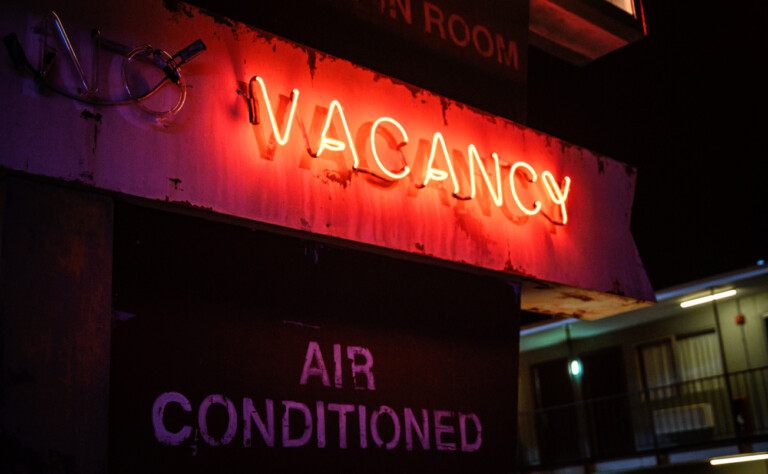
Residential property owners should be aware of a potential new tax on underused or vacant houses in Canada.
Federal Bill C-8 proposes the Underused Housing Tax Act (the “Act”). If passed, the Act will impose an annual 1% tax (the “Tax”) on Canadian residential properties owned by non-citizens or non-permanent residents of Canada, unless specifically exempted. The Act defines “residential property” to include detached homes, duplexes, semi-detached homes and residential condominium units.
Owners liable for the Tax will need to pay an amount equal to 1% of the assessed value of the property or its most recent sale price, whichever is higher. If there is more than one owner of a property, then each owner will pay the Tax in proportion to their ownership percentage in the property.
The Act will work in tandem with British Columbia’s foreign buyer’s tax, which imposes an additional 20% property transfer tax on the fair market value of any residential property purchased by foreign nationals, foreign corporations, or taxable trustees. Both acts exempt Canadian individuals and Canadian corporations that are not controlled by foreign entities.
Other notable exemptions to the Act include, but are not limited to:
- Property that is the primary residence of the owner, the owner’s spouse or common-law partner, or the child of the owner;
- Excluded owners, as defined in the Act. This includes Canadian citizens, permanent residents of Canada, corporations incorporated in Canada or a province whose shares are listed on a Canadian stock exchange, registered charities, and trustees of mutual fund trusts, real estate investment trusts or specified investment flow-through trusts;
- Specified Canadian corporations, which is defined in the Act to mean any Canadian corporation except corporations where one or more foreign entities own or control 10% or more of the shares in the corporation;
- Specified Canadian partnerships and trusts, which is defined in the Act to mean any Canadian partnership or trust whose members or persons with beneficial interests are all excluded owners, specified Canadian corporations, or prescribed persons; and
- Property held by the owner as inventory for sale. This exemption is only available to be claimed for a property in the calendar year in which the property first became capable of being occupied.
The Act, if passed, would apply retroactively beginning January 1, 2022. Owners of affected property will be required to pay the Tax on before April 30 of every following calendar year.




